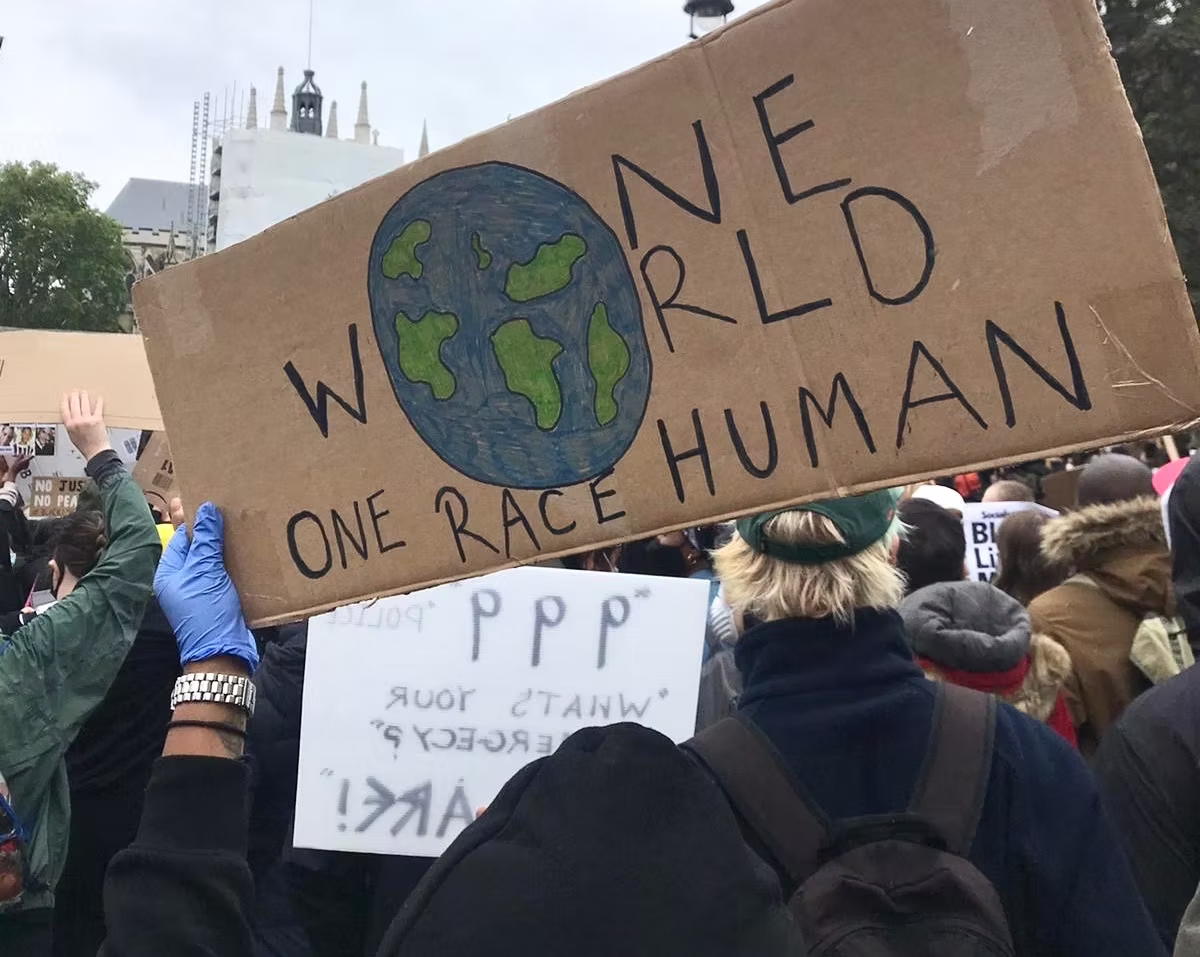
Climate Change & Anti-Racism: 3 Articles to Deepen Your Understanding
Being an environmentalist means you care deeply about protecting our planet. Whether you're just starting out—perhaps tracking your carbon footprint with tools like The Climate App—or you've been ditching single-use plastics and shopping local for years, you’re part of a movement that puts the Earth first.
But here’s something that may not immediately come to mind when we think about climate action: racial justice.
Yes, fighting racism is a climate issue.
All around the world, people have taken to the streets demanding justice for Black lives and systemic reform. And while it might seem like a separate movement, these protests are calling out the same broken systems that have brought us to the edge of climate catastrophe. The exploitation of people and the exploitation of the planet are two sides of the same coin.
Environmentalists have an essential role to play as allies in the fight for racial justice. If you're unsure how these movements connect, here are three must-read articles that shine a light on the intersection of climate and anti-racism.
1. Climate Change Is an Anti-Racism Issue
📖 Read: Black Environmentalists Talk About Climate and Anti-Racism – The New York Times
Racial inequality, police brutality, and the climate crisis all have the same roots: systems built on exploitation, exclusion, and structural violence.
As Sam Grant, Executive Director of MN350 (Minnesota’s affiliate of the global climate movement 350.org), explains:
It's a mistake to treat climate action and racial justice as separate priorities. Communities of color—especially Black and Indigenous people—often live in areas hit hardest by pollution, rising temperatures, and extreme weather. They are on the frontlines of climate change, with the fewest resources to adapt or recover.
Environmentalism isn't an either/or cause.
👉 Read the article on NYTimes.com
2. What Is Intersectional Environmentalism?
📖 Read: Why Every Environmentalist Should Be Anti-Racist – Vogue
Leah Thomas—eco-activist and founder of the Intersectional Environmentalist platform—defines Intersectional Environmentalism as:
In her widely shared Vogue article, Leah highlights how communities of color are disproportionately exposed to environmental hazards like air pollution, toxic waste, and water contamination. She also draws a powerful parallel between environmental injustice and the haunting last words of both George Floyd and Eric Garner: "I can't breathe."
Leah encourages environmentalists to take the Intersectional Environmentalism Pledge, which calls on us to stand up for racial justice while protecting the Earth.
👉 Read the article on Vogue.com
3. Climate Change Is a Racial Justice Issue
📖 Read: From Africa to the US to Haiti, Climate Change Is a Race Issue – The Guardian
Written by Patrisse Cullors (co-founder of Black Lives Matter in the U.S.) and Nyeusi Nguvu (Black Lives Matter UK), this powerful piece from The Guardian makes the case that climate change and racial injustice are inseparable.
From natural disasters in Haiti to droughts in Africa and heatwaves in American cities, Black and Indigenous communities bear the brunt of environmental breakdown—yet contribute the least to its causes.
👉 Read the article on TheGuardian.com
Final Thoughts: This Fight Is Shared
These topics can be overwhelming, especially when we realize how deeply racism and climate destruction are woven into the fabric of our societies. But we can't afford to tackle one without addressing the other.
Change won't be quick, easy, or convenient—but it will be necessary. The future depends on all of us doing the work to create a world that is both environmentally sustainable and socially just.
📚 Start with these articles. Share them. Reflect. Take action—both for the planet and for the people most affected.
Check out Terri's LinkedIn here
